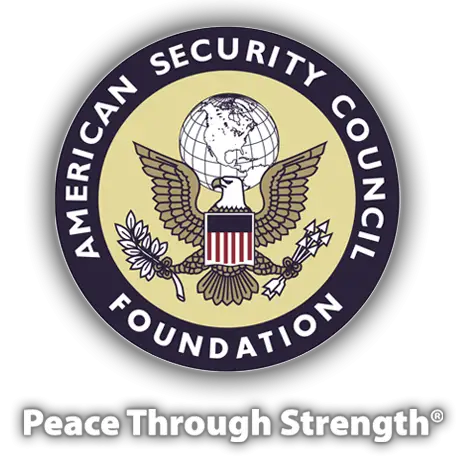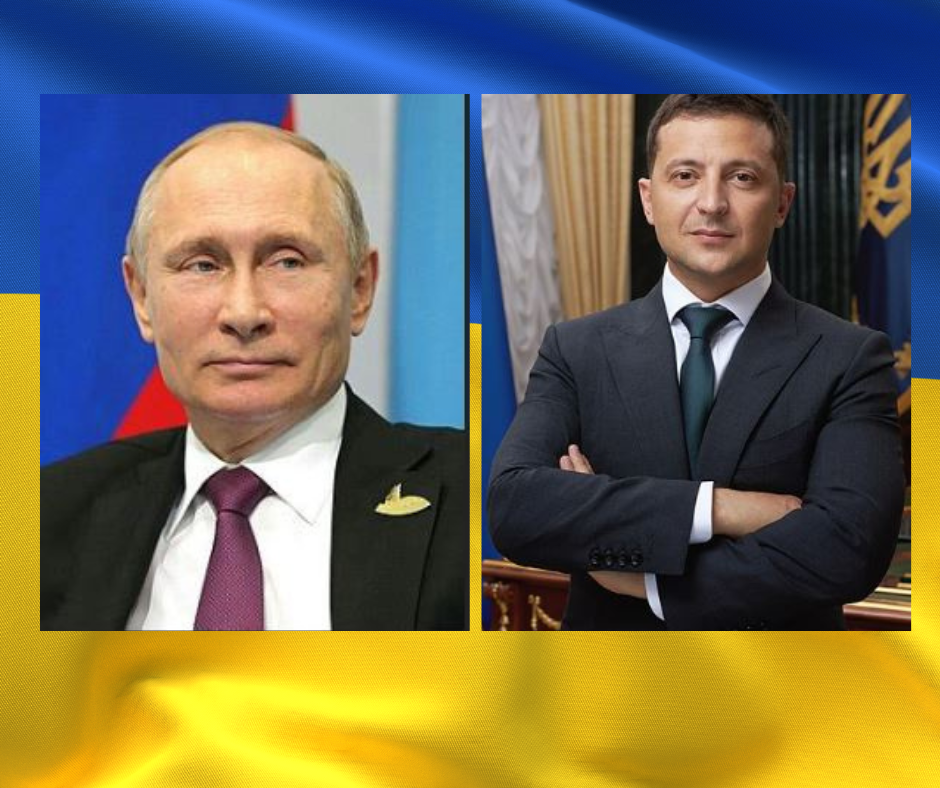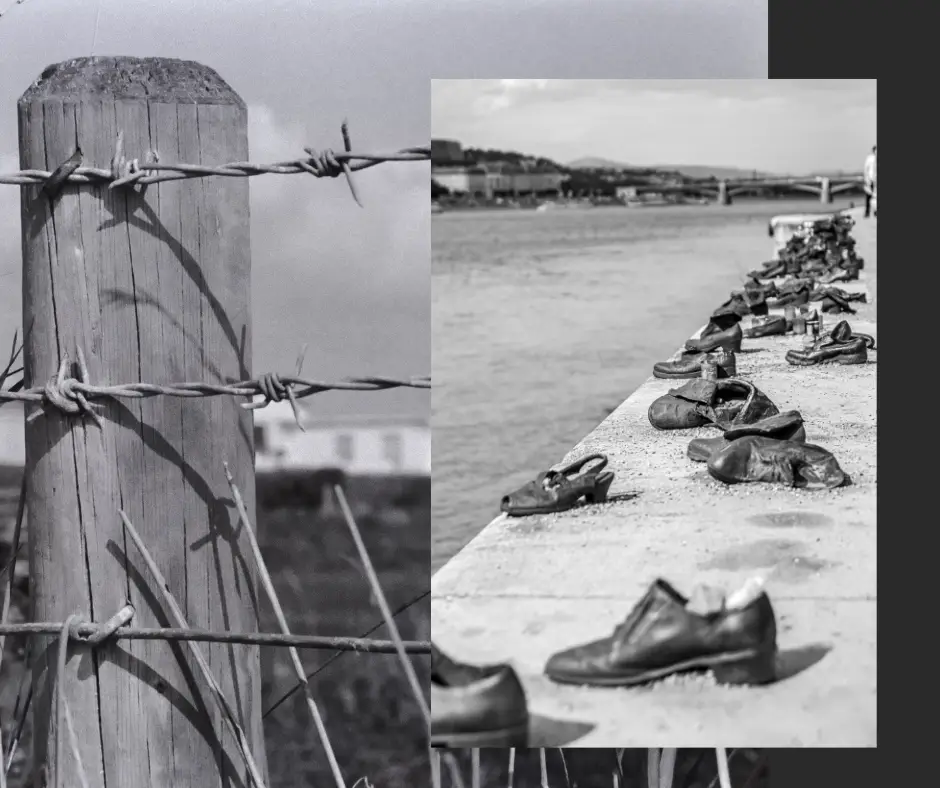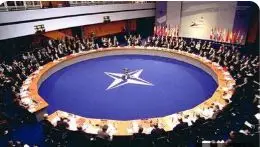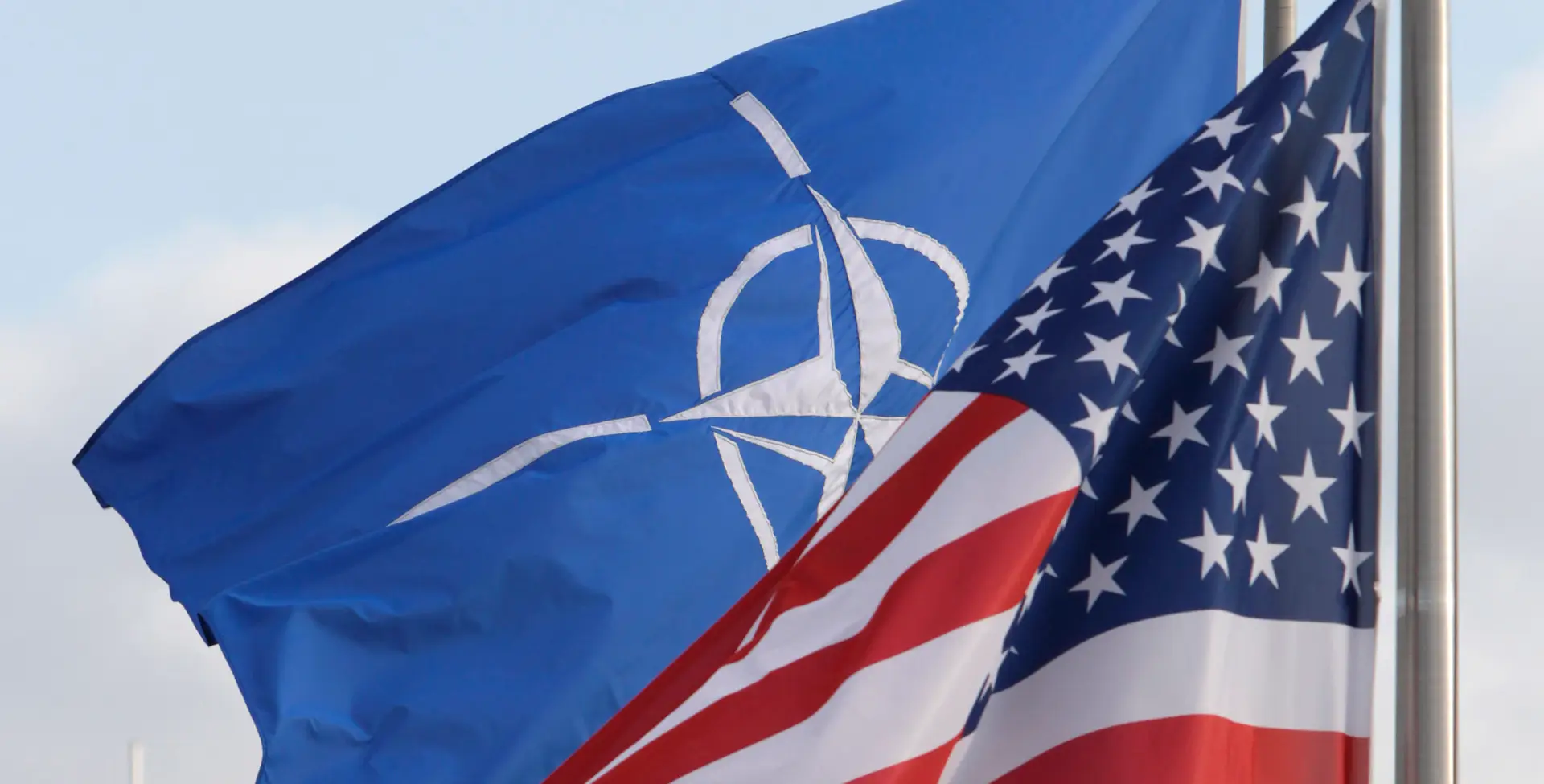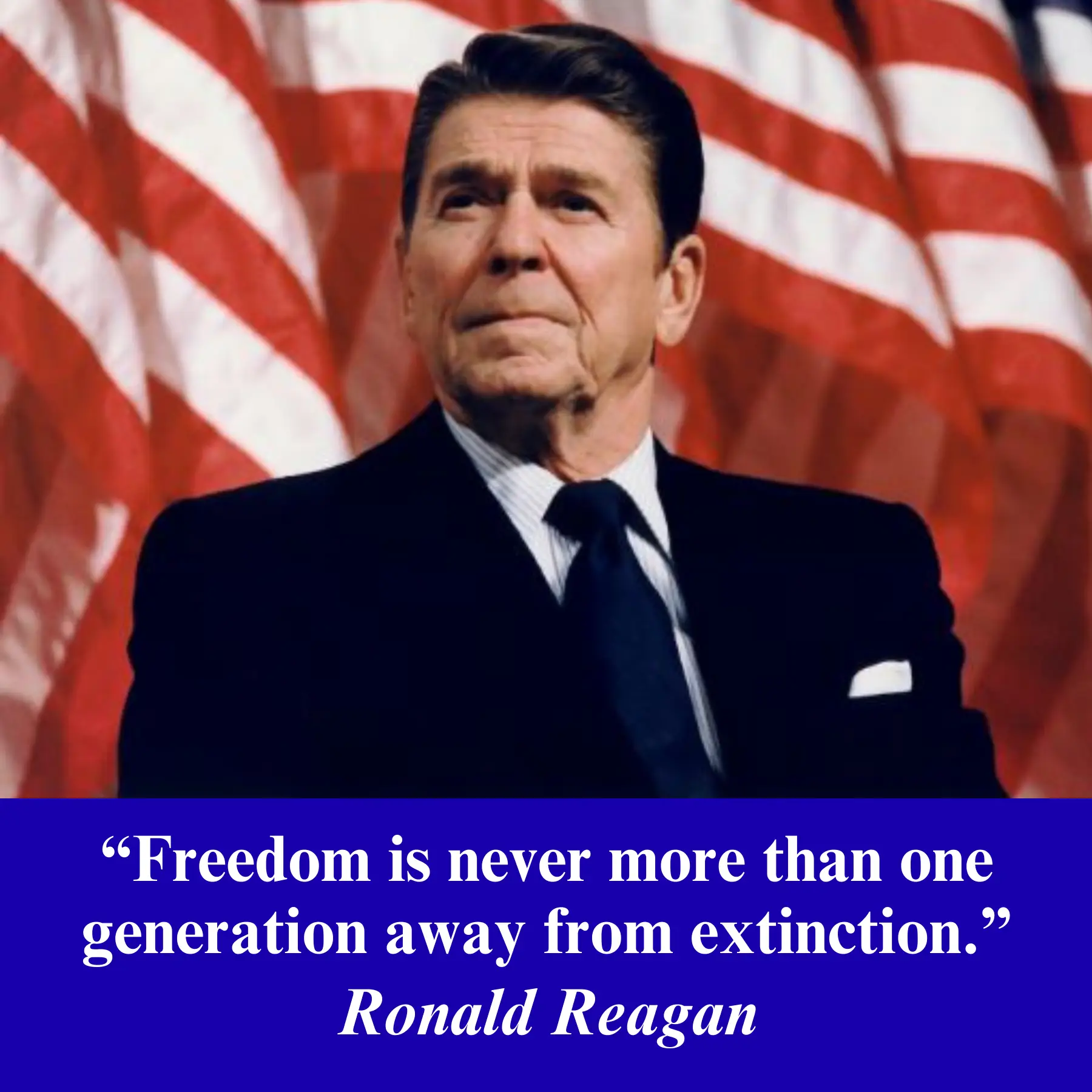
If you liked this article, please share it with your friends and family. You can also help the American Security Council Foundation shape American policy.
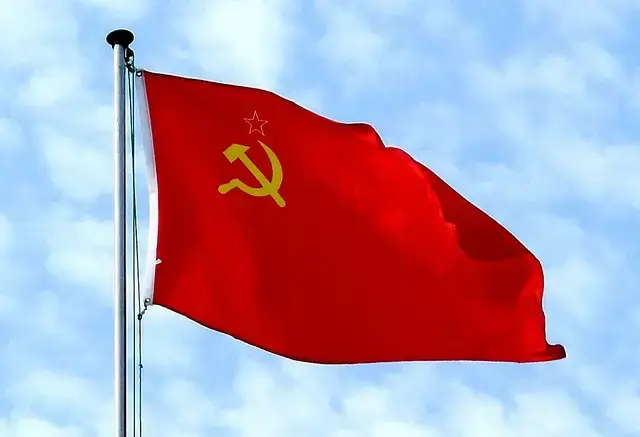
Written by Alan W. Dowd, ASCF Senior Fellow
It has been 100 years since Vladimir Lenin launched his coup against Russia’s post-czarist provisional government. Just as the Imperial German High Command had hoped when it loaded him onto a train and fired him off, like a guided missile, into Russia, Lenin would fuel Russia’s revolutionary embers and quit the Great War. “They turned upon Russia the most grisly of weapons,” Churchill later recalled: “Lenin in a sealed truck like a plague bacillus from Switzerland to Russia.” Russia and Europe and the world would never be the same.
It was Lenin, after all, who built the infrastructure of the world’s first totalitarian state; Stalin just refined and expanded it, as historian Paul Johnson details in his essential history of the 20th century, Modern Times. Take, for example, Stalin’s secret police—the KGB—which murdered perhaps 20 million people over the span of his 30-year dictatorship. The KGB was just a bigger version of Lenin’s terror police—the Cheka—which killed hundreds of thousands in less than a decade.
To solidify his power, Stalin sentenced 10 percent of the Soviet population to prison camps, where they died at a rate of a million a year. But again, Stalin was just imitating his mentor. It was Lenin who built the camps and first employed them to maintain his terror state. It’s not clear how many died in the purges and chaos that followed, but most historians credit Lenin with over 4 million murders.
Many others would embrace his methods. In China, Lenin’s protege Mao Tse-Tung would kill tens of millions by mass-famine and mass-execution. Pol Pot erased a quarter of Cambodia’s population. Kim Il-Sung used Leninist butchery to tame North Korea. In Yugoslavia, Tito would erase 1.1 million in Lenin’s name. In Ethiopia, it was 725,000. In Rumania, the murder toll would reach 435,000. In Bulgaria, 222,000 would die at Lenin’s altar. The list goes on and on.
They were every creed, every color and every race. And they died on nearly every continent. With communist regimes still firmly in power in North Korea and China and Cuba, Lenin’s trail of blood now stretches across a full century and spans almost six generations.
Always with a keen sense of right and wrong, Reagan bluntly called Soviet Union an “evil empire”—and rightly so. What else could be said of the monstrosity Lenin spawned? We can measure its evil in many ways, but perhaps the easiest way is its utter contempt for human life and the ease with which it liquidated its own subjects.
The Black Book of Communism—a massive work published in 1999 by French political scientists and historians who combed through the archives of the Soviet Union and other communist regimes— catalogued the “wholesale repression,” “state-sponsored reign of terror,” and “multitude of crimes…against individual human beings…world civilization and national cultures” spawned by communism. The book conservatively estimates that the Soviet state murdered 20 million of its subjects; the People’s Republic of China 65 million; the Democratic People’s Republic of Korea 2 million; Democratic Kampuchea (Cambodia) 2 million; and the Democratic Republic of Vietnam 1 million. Communist regimes in Africa (1.7 million people), Afghanistan (1.5 million), Eastern Europe (1 million) and Latin America (150,000) also learned Lenin’s ways of systematic mass-murder on an industrial scale.
“If we approach these figures in terms of relative weight, first place goes to Cambodia, where Pol Pot, in three and a half years, engaged in the most atrocious slaughter, through torture and widespread famine, of about one-fourth of the country’s total population,” The Black Book of Communism concludes. “However, China’s experience under Mao is unprecedented in terms of the sheer number of people who lost their lives. As for the Soviet Union of Lenin and Stalin, the blood turns cold at its venture into planned, logical and ‘politically correct’ mass-slaughter.” And it must be emphasized that these were conservative, preliminary estimates. In the years since the book was published, other historians, political scientists and demographers have adjusted upward the scale and scope of Lenin’s ghastly body count. The late University of Hawaii/Northwestern University political scientist R.J. Rummel added much to this area of scholarship. He estimated that the global toll of communism was likely 110 million—and could be more than 250 million. In short, Reagan was not overstating when he called Lenin’s empire evil.
As Boris Yeltsin explained, communism “spread everywhere social strife, animosity and unparalleled brutality” and “instilled fear in humanity.”
“Communist regimes, in order to consolidate their grip on power, turned mass-crime into a full-blown system of government,” The Black Book of Communism concludes.
Catastrophes
We shouldn’t forget that Lenin also spawned counter-brutalities, among them Nazism, fascism and the bloodthirsty militarism of numerous other anti-communist dictators. If Stalin and Mao were Lenin’s sons, Hitler and Tojo, Franco and Mussolini were his stepsons.
Indeed, Hitler used Lenin’s terror to justify his own excesses, offering Germany a stark (and false) choice between Bolshevism and Nazism. Johnson observes that Hitler learned from Lenin how to build “a large-scale terror regime [and] remained a Leninist to the end.”
Lenin saw certain classes as his enemy; Hitler saw certain races as his: Over 60 million people would die in the race war Hitler ignited–6 million just because they were Jewish. But as with so many of his crimes, Hitler’s holocaust was just a bloodier version of something Lenin had already done. Two decades before Hitler hatched his final solution, Lenin targeted and slaughtered tens of thousands of Russian Jews.
Lenin was not the most powerful totalitarian, but he was the first. Stalin, Hitler and Mao murdered more and conquered more, but they were only following the path carved out by Lenin. It was Lenin’s shadow that incubated them, Lenin’s revolution that unleashed them on the world, and Lenin’s methods that they—and so many others—imitated.
All told, Lenin and his heirs—through mass-murder, mass-enslavement and mass-starvation—altered the world’s very ethnic composition, a legacy that will scar humanity forever. The numbers are nearly incomprehensible. They numb us to the real horrors and terrors they represent. It was Stalin who coldly observed, “The death of one person is a tragedy, the death of a million a statistic.” And in a perverse way he was right: When thrown together in a lifeless heap of nameless, voiceless numbers, human life becomes less human; killing and slaughter take on the character of accounting; and the carnage—because of its very scope, because of the precedent set by Lenin—gradually becomes more clinical and less repulsive.
The above litany makes what’s happening today in Russia especially alarming and jarring. A century after Lenin unleashed his war on mankind, 53 percent of the Russian people say Lenin played a positive role in Russian history (up from 40 percent in 2006). In Vladimir Putin, they are governed by a man who believes, “The demise of the Soviet Union was the greatest geopolitical catastrophe of the century.”
